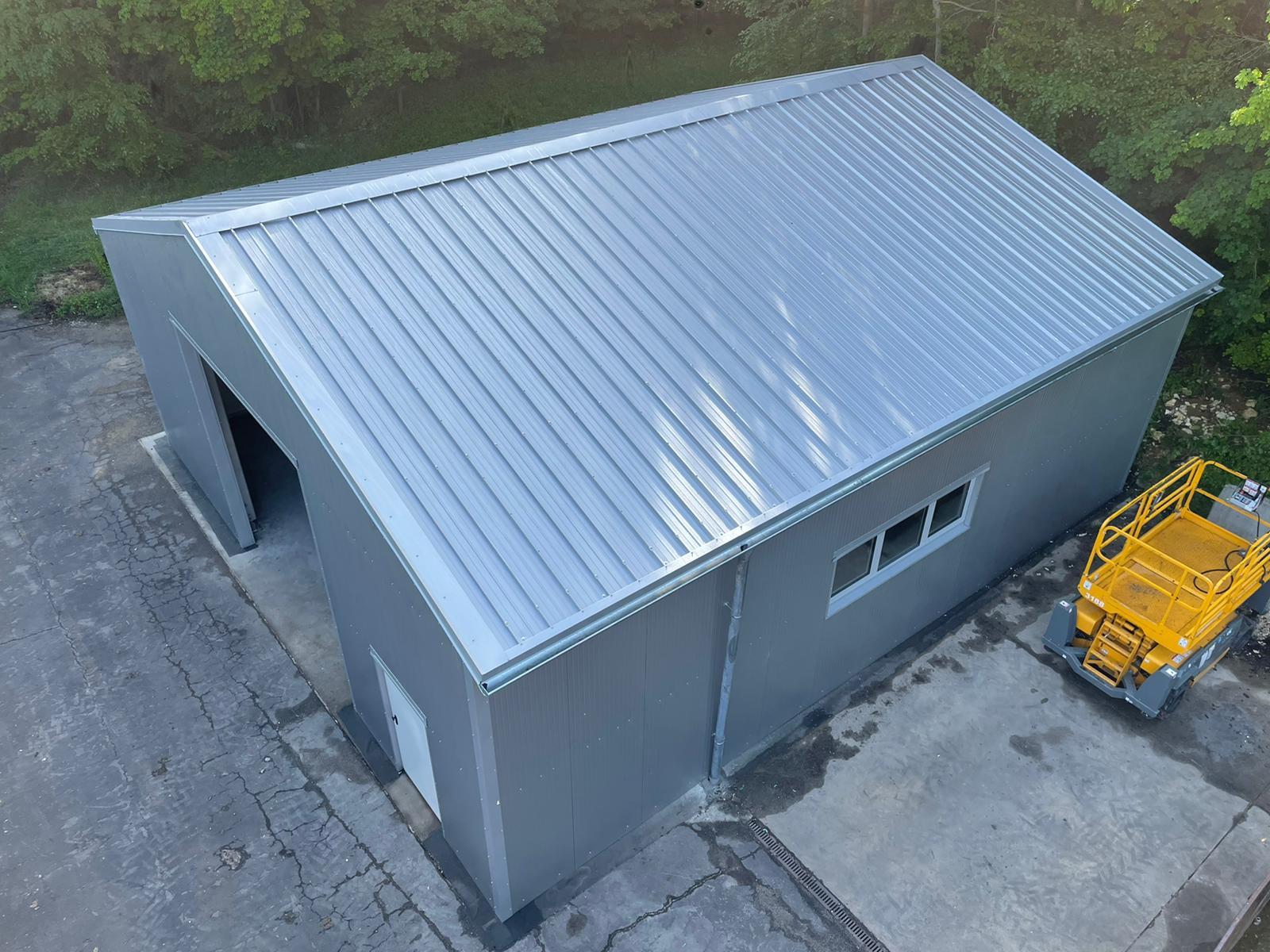
Sensitive equipment? – The perfect roofing solution is here.
Choosing the right roofing system for a modular building is key for any company looking to store sensitive products, machinery or to create the ideal conditions for office space. Each type of roof material and design has its own characteristics and advantages.
When choosing a modular building, you may need to consider whether you need a non-insulated or insulated space. These are usually in situations where a product stored needs to be at a constant temperature. More usually though, it’s when you have people working inside and you need to be able to heat or cool it efficiently.
Choosing a roof
The most common choice is an industrial grade, flame retardant PVC cover. Compared to a fixed solid roof, PVC covers are extremely easy to fit and maintenance free. The fabric complies with international flame-retardant regulations and can be translucent allowing natural light into the structure, saving on energy costs. This type of cover can either be non-insulated for basic cover or insulated to create better temperature control and minimise condensation.
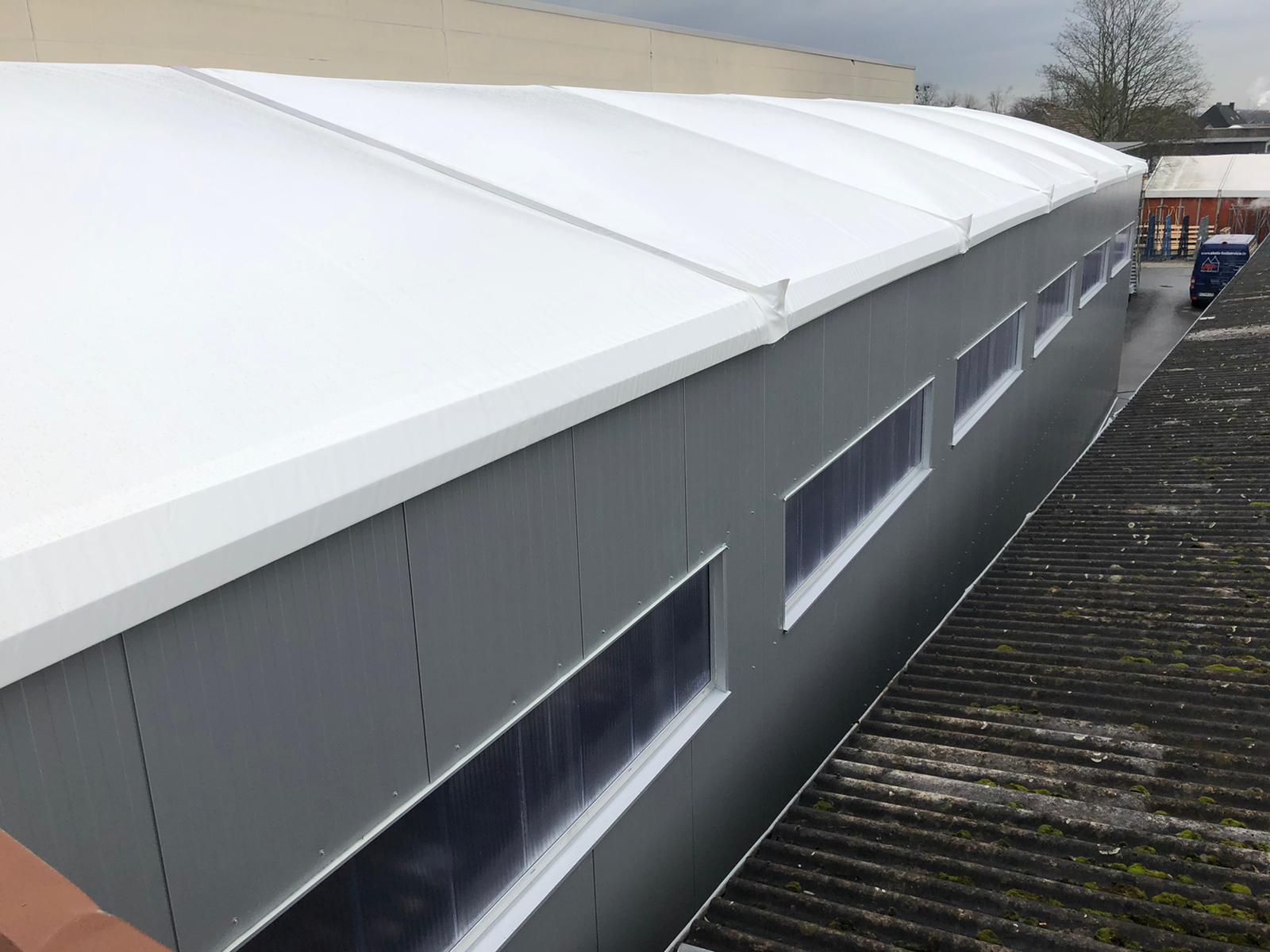


Made from a ribbed profile of high-quality sheet steel, this roof type is a good choice for many industrial uses. Its aesthetics is solid and weather resistant. Its anti-condensation underlay is a textile foil located in the bottom layer of the ribbed profile. This layer absorbs condensation generated by the temperature contrast between the upper outer layer and the lower inner layer.
This makes it ideal for storing raw materials or perishable products, or for industries that use precision machines that are sensitive to humidity.
HR Structures use profile sizes relative to situation requirements:
- Roof Covers: Steel Sheet, Sandwich Panel or PVC coated polyester fabric, flame retardant to strict Australian Standards.
- Wind Loading: Structures are all calculated to withstand wind loading based on the physical site location, and to meet Australian safety standards.
- Walling: Steel-clad sandwich panels, steel sheet, glass walling or PVC soft walling relative to the situation requirement.
So, which roofing system should you choose for your modular building?
Translucent PVC is an option that allows quick and easy installation and provides effective results. Its main advantage is that the translucent PVC fabric allows sunlight to pass through, allowing for natural light and improves the energy efficiency of the space. In addition, it is highly wind-resistant and has a long service life.
Non-insulated opaque PVC
Opaque PVC, in effect, blocks out sunlight, making it possible to cool the interior space. This makes it ideal for locations that experience hot temperatures. Opaque PVC helps to maintain a comfortable indoor working temperature with lower energy consumption. Industries such as retail or warehousing can benefit from this type of roofing to store products at a cooler temperature. PVC roofing is flame-resistant pursuant to DIN 4102-B1. It is easy to install, fast, affordable, functional, and durable.
The Thermo roof system consists of two sheets of PVC hot welded together to form an air envelope. This feature provides a high level of thermal insulation for the structure. This makes it ideal for applications where maintaining a certain indoor temperature is important and for locations with a harsher climate, with cold winters and/or hot summers.
HR Structures can supply temporary buildings with inflated roofs that can retain heat and cool the building to a certain degree.
Another option for temporary building roofing is insulated steel composite panels. This innovative insulated roofing systems is made up of composite panels: two layers of steel which sandwich insulated foam. Its watertight joints are tongue and groove, thus guaranteeing watertightness of the roof. The walls are also made up of composite aluminium panels. Profile sizes varies depending on use, 42mm to 100mm. The building is much more efficient in terms of heating and cooling. It also has a measurable U value (the rating used for insulation levels). Panels can be supplied in different colours.
This roof type makes it ideal for storing raw materials, such as in the food industry or for storing sensitive materials and electronic products, among others. This roof type keeps such raw materials safe from moisture.
Contact us
Interested in talking to us about your modular structure roofing solution? – Feel free to reach out for more information.
More From This Category
Storage facilities for large projects
Making the most of storage facilities for large projectsThe construction of a large project entails expensive equipment, large crews, multiple stakeholders, and lengthy timeframes. With so many moving pieces to the construction process, there are bound to be...
Build temporary warehouse space
As businesses experience growth, the need for additional warehouse space becomes urgent. Whether you’re managing seasonal demand, handling increased inventory, or needing to optimise your logistics, expanding your warehouse space quickly is critical to capitalising on...
Industrial estates built fast with modular buildings. Now that’s an idea.
In recent years we’ve been hearing more and more about modular and prefab buildings, well-designed structures built in mere weeks, sustainable and functional. We’re seeing more often developers and builders marveling at the speed, reduced cost, sustainability, and...
Design. Innovation. Tradition.
We will turn your request into reality
HR-Structures Australia
13 Pikkat Drive
Braemar, NSW 2575
Tel: 1800 505 144
Mail: sales-au@hr-structures.com
A subsidiary of:
HR-Structures GmbH
Zum Hohenrain 12
36355 Grebenhain
Social Media
Copyright © 2023 HR-Structures Australia. all rights reserved.
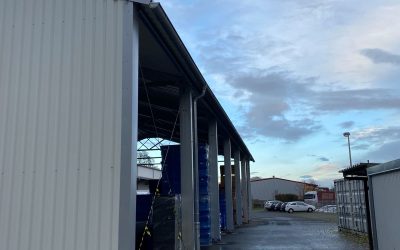
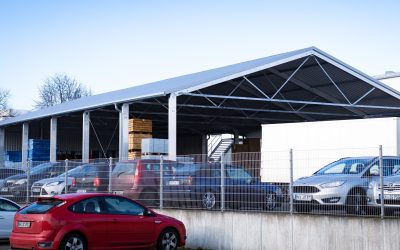
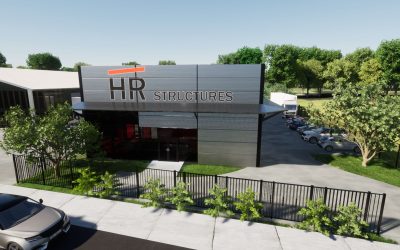
Recent Comments